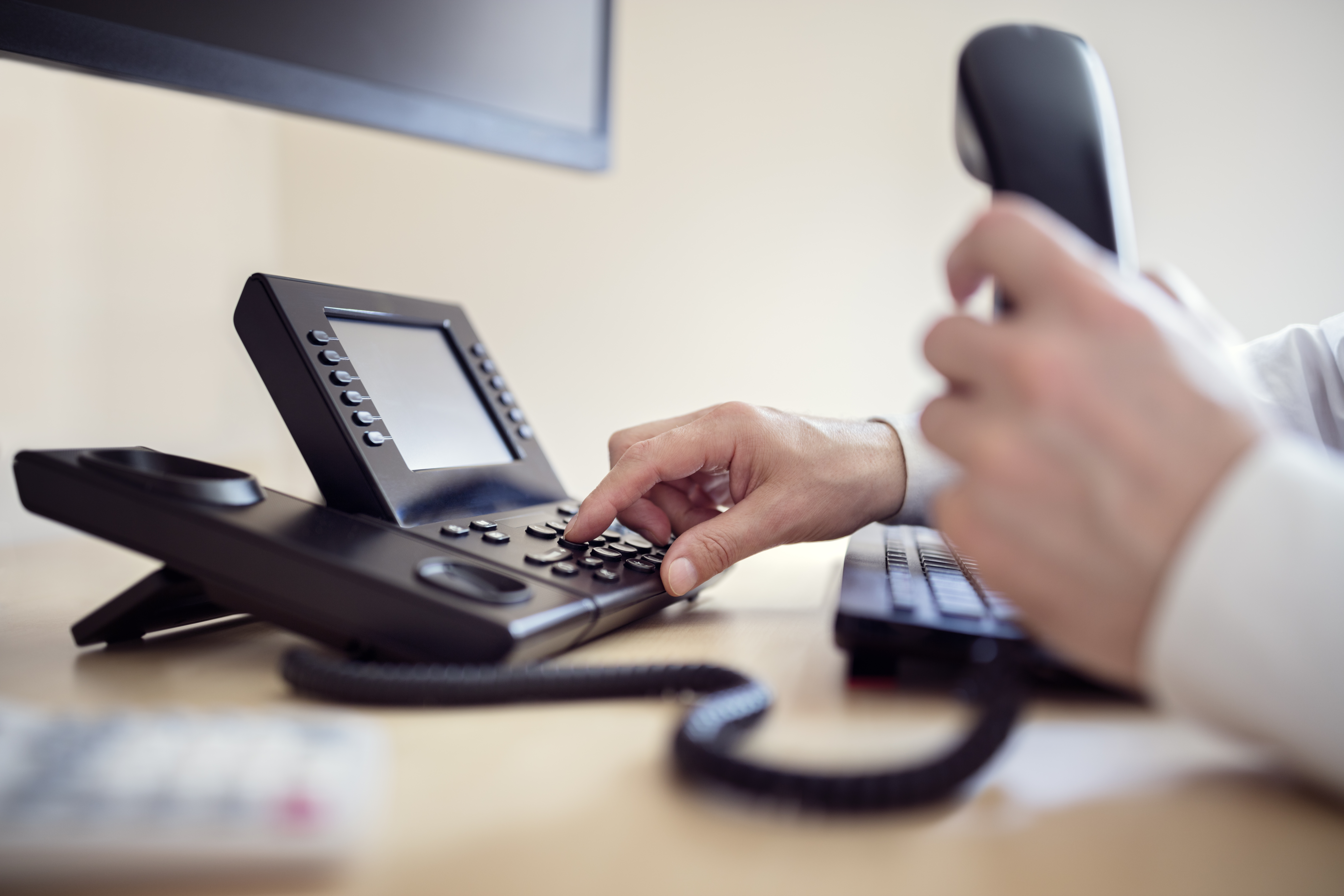Guiding Tips for Call Centers Returning to In-Office Work
When the COVID-19 pandemic escalated earlier this year in March, many business sectors were forced to navigate an abrupt and unexpected transition to work from home.
For the call center industry, this transition received a mixed reception right from the start. Early troubles included providing agents with the appropriate hardware needed to do their jobs from home in addition to coaching them through the switch. As customers adapted to abnormal business hours and practices, high call volumes also spelled trouble for call center managers charged with maintaining productivity and customer satisfaction throughout the rocky period. And since remote work has stretched beyond anyone’s initial forecasts, concern about data security, power outages and poor internet service continues to fuel a need for an eventual return to business as usual. 
While the specifics on how, when and if call center agents should return still lacks a one-size-fits-all solution, here are two guiding tips for call centers to keep in mind when planning their agents’ eventual return to the office.
Update Sick Policies and Restructure the Office
While most call centers should already have documented sick policies in place, it is now a good time to revisit and update them with respect to the concerns that accompany a global pandemic. Earlier in the year, call centers were the subject of much criticism when it came to protecting their agents’ health. Due to the inherent vulnerability of groups of people working in close proximity and sharing equipment, call centers were quickly labeled high-risk environments. Consequently, any plans for a return to in-office work should consider what steps are needed to adapt to the working environment to protect the health of their agents.
Here are several considerations to keep in mind when revising your current sick policy:
- Agents experiencing symptoms associated with COVID-19 (including fever, cough and shortness of breath) should be told to stay home and recover. This might require adjusting your policy’s allotted sick days and time without pay.
- Agents should practice good respiratory hygiene. Circulate internal communication that reiterates proper hygiene manners, such as covering the mouth and nose with a tissue when coughing or sneezing and disposing of used tissue in a wastebasket. Ask agents to wipe down their equipment with FDA approved, alcohol-based sanitizing wipes and/or spray at the end of their shift, or look into hiring a commercial coronavirus cleaning service to visit the office after business hours.
- Emphasize hand hygiene. Agents should wash their hands often with soap and water for at least 20 seconds, especially after going to the bathroom, before eating, and after blowing their nose, coughing or sneezing. Remind agents to avoid touching their eyes, nose and mouth and skin-contact gestures such as shaking hands.
- Respect social distancing guidelines by providing the recommended six feet of space between agents. This may involve spacing out agents so that every other desk is unoccupied. If necessary, call center managers should research installing desk shields, which are unobtrusive and useful for guarding against the spread of germs via sneezing and coughing.
- If divvying up office space is an issue, be realistic: you might have to plan for agents to come in on staggered shifts, or on alternate days, in order to maintain social-distancing protocols.
Keep Mental Health in Mind
Nearly 7 in 10 employees indicated in a survey by mental health provider Ginger that the coronavirus pandemic is the most stressful time of their entire professional career, which has aligned with stark increases in new prescriptions of antidepressants, antianxiety, and anti-insomnia medications. Unfortunately, returning to the office won’t resolve issues of stress and burnout immediately. Employees will likely continue to experience stress caused by financial, physical and emotional factors even after leaving the home office behind them.
Therefore, the question becomes: How should call centers respect their agents’ mental health at the office during this universally-acknowledged stressful time?
One of the first things a call center can do to boost morale is to reduce inherent stressors in an agent’s job. Following the transition to remote work, many call centers have begun to realize the numerous benefits of a cloud-based CRM for capturing actionable data during calls and simplifying their agents’ daily tasks. Consider updating your contact center’s existing technology to cover long-term needs, especially during a period of heightened sensitivity to stress. Staying on top of best practices and adopting the latest technological trends will help both you and your customers enjoy an enhanced experience.
If updating your call center tech stack isn’t feasible, there are still a number of small changes call centers can make to keep morale high and turnover low.
Conclusion
At the start of 2020, nobody could have predicted how the COVID-19 pandemic would have developed. Although returning to normal in-office operations in the call center might not be on your call center’s short-term agenda, now is the best time to begin strategizing how to execute a smooth transition back to the office. By updating sick policies, communicating expected hygiene protocols, restructuring the office space and acknowledging the unique mental health needs of your agents, call centers can navigate a return to the office with greater ease than when they left it.